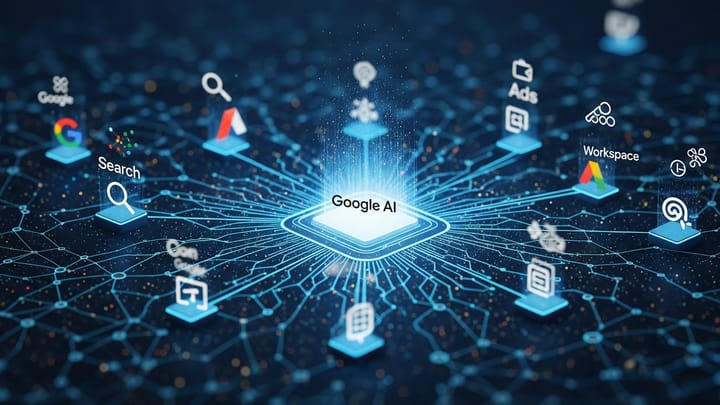Reasoning AI Faces Slowdown: New Analysis Reveals Limits of Models Like OpenAI o3
Breakthroughs in reasoning AI like OpenAI o3 are impressive, but a new analysis warns of potential slowdown. Here's the data and what's behind it.

Sharp Rise in Performance—But For How Long?
Generative AI models such as OpenAI o3 are now solving math and programming problems with unprecedented accuracy. Recent benchmarks show o3 scoring 87.7% on GPQA Diamond, 71.7% on SWE-bench Verified, and a Codeforces Elo of 2727—a dramatic leap from its predecessor, o1.
However, a new report by Epoch AI warns that these reasoning capabilities may soon plateau. While OpenAI increased o3's training compute by 10x compared to o1, performance gains were not linear. Reinforcement learning, the technique behind o3, relies heavily on human feedback—both costly and finite in scalability.
Real Challenges: Compute, Cost, and Data
Efficiency in compute is a major constraint. Reasoning model training is iterative and feedback-heavy. Meanwhile, high-quality training data is becoming scarce. Researchers are turning to synthetic data to compensate, but this introduces risk: "model collapse"—where AI trained mostly on artificial data becomes less reliable and generalizable.
New Focus: Algorithm Innovation and Infrastructure
As scaling compute hits a ceiling, innovation shifts to algorithm design. DeepSeek, Google DeepMind, and Anthropic are racing to build more efficient reasoning systems. OpenAI is also investing in super-scale compute infrastructure. But as Epoch AI notes, hardware alone isn’t enough—the training paradigm itself must evolve.
Long-Term Impact and Industry Outlook
Without breakthroughs, the field risks stagnation. Models like o3 are powerful, but size alone won’t sustain progress. Without quality data and smarter training techniques, the edge of reasoning AI could dull. The path forward demands structural and semantic innovation—not just scaling up.
The advancement of reasoning AI has reached an inflection point. Performance increases are nearing efficiency limits. The future lies not in more compute, but in rethinking how we train and teach models to reason. Without this, the golden age of reasoning AI could slow to a crawl.





Comments ()